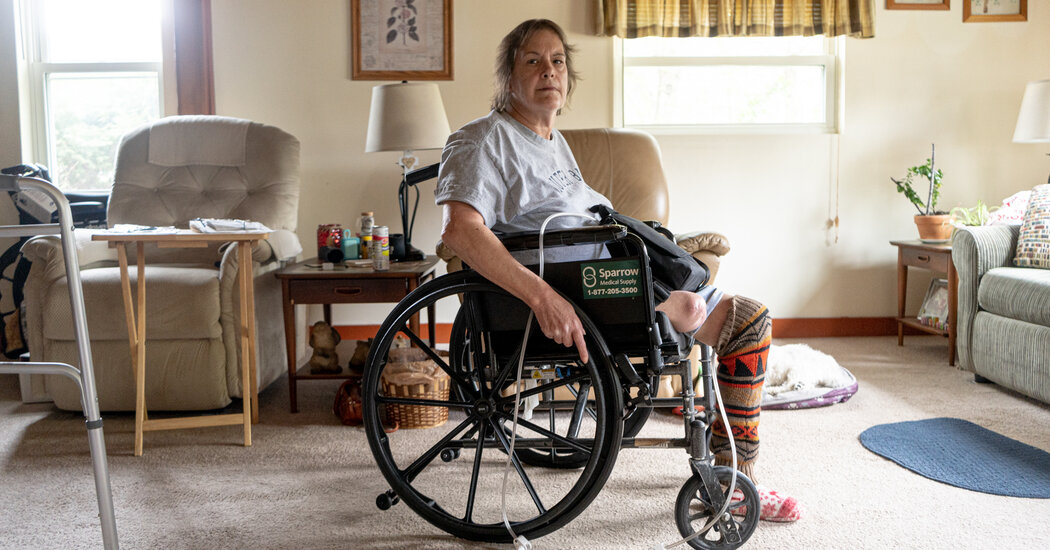From the OP.
“While states regulate medical facilities and doctors, the Department of Justice attempts to protect the nation’s largest insurance systems, like Medicare, from fraud. Its investigations are often instigated by whistleblowers, whose inside testimony is crucial to uncovering details of wrongdoing.
Dr. Michael Levine, a seasoned nephrologist with an expertise in hemodialysis vascular access, started working for McGuckin in 2009 at multiple New Jersey clinics that were part of Vascular Access Centers.
“At first, there was no red flag,” Levine told ProPublica. The clinics mostly treated patients with renal disease whose vessels occasionally needed treatment related to their dialysis lines. But Levine said he quickly learned that patients were being put into treatment loops where they were regularly booked for unneeded tests and procedures. “They were having the patients come back every three months, which to me is corruption,” he said.
While the procedures were relatively low risk, each time a doctor puts a foreign device in a patient’s body, it carries a chance of complication. Levine said he was therefore shocked when McGuckin pushed him to do more procedures without a clear clinical need.
McGuckin ordered each dialysis patient to be “squirted with dye,” Levine said in court records, implying that all patients should be subjected to an X-ray test to fish for blood clots or narrowed vessels to treat, regardless of whether their primary doctor ordered it.
McGuckin also allegedly told Levine to treat patients’ vessels with inflatable balloons and implant stents without a medical need. “Bang ’em all,” McGuckin
allegedly told him, according to legal filings.
When Levine refused to go along with this practice, he said he was fired. Shortly after, in 2012, he filed a
whistleblower lawsuit, which spurred a federal investigation.
“It’s not an issue of competency,” he told ProPublica. “It’s the issue of using his skills for his own self benefit and seeing his patients not as human beings, but as sources of income.”
David Stebbins, who was the administrator director of the centers from 2006 through 2018, said he also witnessed McGuckin’s drive to increase profits with unnecessary procedures. “McGuckin exerted pressure on all of the MDs working for him to increase procedural ‘acuity,’” he told ProPublica in an email. After more than a decade of working for McGuckin, when Stebbins questioned whether the clinics were possibly violating state regulations, he said he, too, was let go.
“McGuckin is an arrogant Charlatan who expects his senior staff to do whatever they’re told, or they may find themselves looking for work,” said Stebbins, who filed a separate
whistleblower complaint in 2020, which is ongoing. “Under incredible pressure, they comply.” Attorneys for McGuckin did not respond to Stebbins' allegations.”





